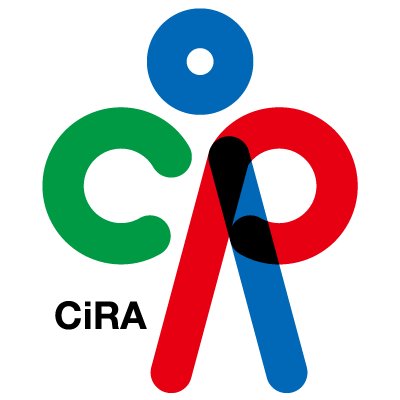
Carlo Croce, the embattled cancer researcher at The Ohio State University (OSU), is suing the institution to reclaim the department chair he lost late last year for reasons that he says are unclear.
In a filing with the Franklin County civil court, Croce and his attorneys, from the Columbus firm of James E. Arnold and Associates, argue that the university failed to follow its own rules for demoting faculty members last year when it stripped Croce of his position of chair of the Department of Cancer Genetics and Biology. Croce had held the post for more than three consecutive four-year terms, starting in October 2004.
The nut of Croce’s claim centers on the alleged failure of K. Craig Kent, the university’s Dean of the College of Medicine, to consult with the college’s faculty members before demoting him in early November 2018 — a move Croce opposed. Continue reading OSU cancer researcher who has faced misconduct allegations sues to regain lost department chairmanship



.png)




